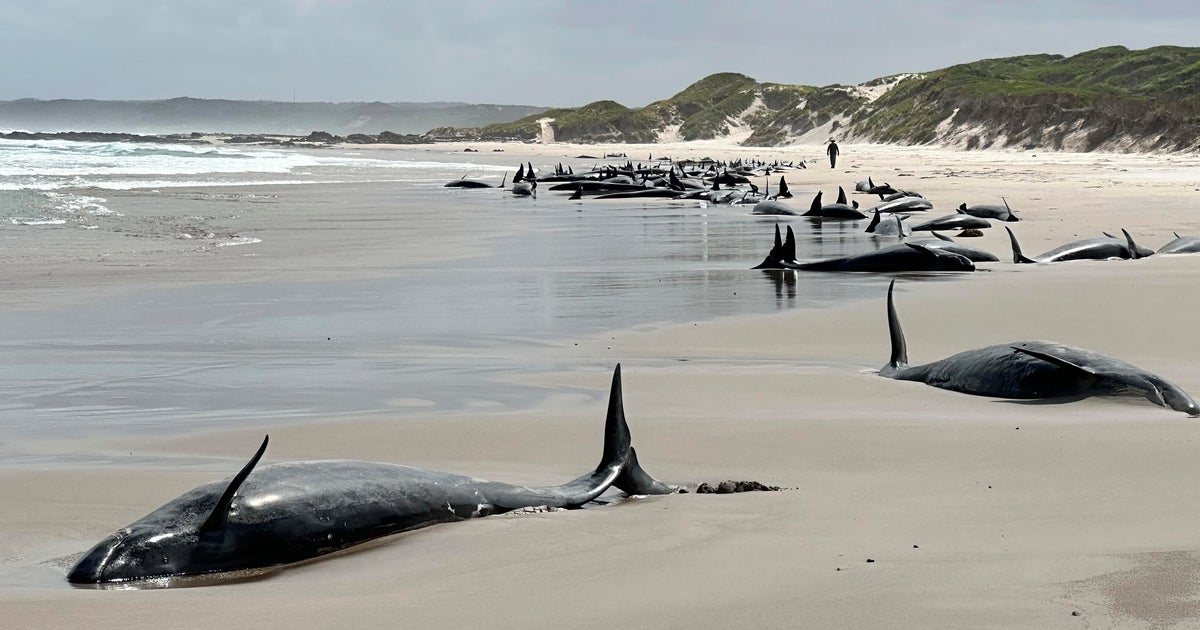Euthanasia Considered for Stranded False Killer Whales in Tasmania
More than 150 false killer whales are stranded on a Tasmanian beach, and experts have decided to euthanize those that remain alive.
Overview
Over 150 false killer whales have stranded near Arthur River, Tasmania, leading authorities to consider euthanasia after unsuccessful rescue attempts. Ongoing unfavorable weather and ocean conditions hindered efforts to refloat the stranded pod, and only 90 of the original 157 whales remain alive. Maritime experts have indicated that the prolonged stranding prolongs the animals' suffering, leaving euthanasia as the only viable option to prevent further distress. This event marks the first stranding of false killer whales in Tasmania in nearly 50 years, with possible causes including disorientation and harsh environmental conditions.
Content generated by AI—learn more or report issue.

Get both sides in 5 minutes with our daily newsletter.
Analysis
Analysis unavailable for this viewpoint.
Articles (5)
Center (3)
FAQ
The main challenges include unfavorable ocean and weather conditions, the inaccessibility of the beach, and the difficulty in transporting specialist equipment to the remote area. These conditions have made it impossible to successfully refloat the whales, leading to a decision to euthanize the survivors to prevent further suffering.
Euthanasia is being considered because the prolonged stranding causes significant suffering for the whales. The longer they remain stranded, the more they suffer due to their bodies being crushed by their own weight and the inability to successfully refloat them in the current conditions.
History
- This story does not have any previous versions.




